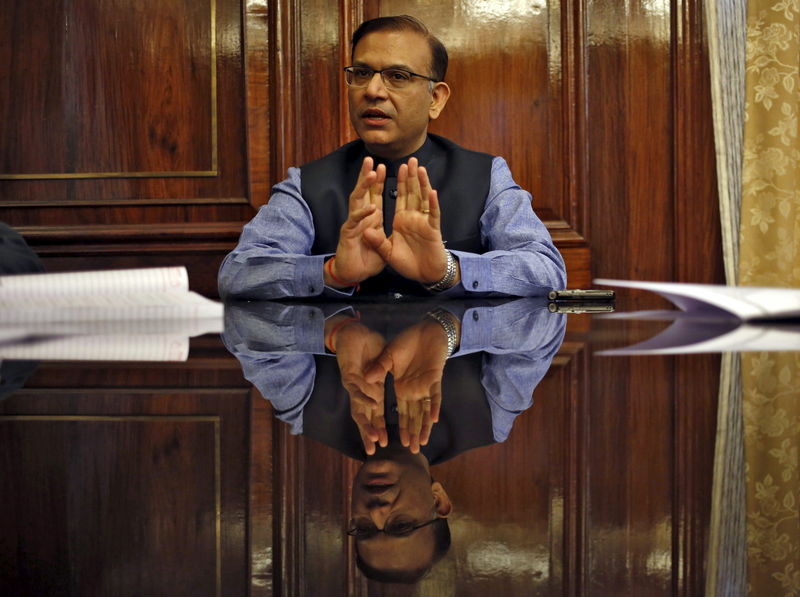MUMBAI (Reuters) - Indian tax authorities suffered a setback on Tuesday in their efforts to impose a so-called minimum alternative tax (MAT) on foreign investors, as UK-based Aberdeen Asset Management (L:ADN) won temporary relief from a tax bill it was facing.
U.S. and European investor groups last month called for the Indian government to clarify its tax regime for foreigners following surprise attempts by tax inspectors to impose MAT, which some tax experts say could leave international funds and banks with bills of as much as $8 billion (£5.2 billion).
Aberdeen had filed its challenge with the High Court of Bombay in response to a claim for a MAT payment of about 2 million rupees (£20,780) for one of its funds, said a lawyer involved in the case.
The court granted a stay on the start of any penalty proceedings against Aberdeen by the tax authorities and asked India's Income Tax Department to submit its response to Aberdeen's challenge by June 10, the lawyer said, adding the court had scheduled a hearing on the case on June 23rd.
Although the amount demanded of Aberdeen is relatively small, an official at the London-listed company had told Reuters on Monday it had gone on with the challenge because it believed the claim was unfair.
The local media have reported that some other foreign investors have also initiated legal challenges against MAT claims.
Uncertainty around MAT has built in recent weeks and unsettled foreign investors, sending India's stock market lower.
Junior finance minister Jayant Sinha last month said notices had been issued in 68 cases, with a total tax demand of just 6.02 billion rupees. But Finance Minister Arun Jaitley has estimated claims could eventually stand at as much as 400 billion rupees.
Foreign investors in India had paid 15 percent on short-term listed equity gains, 5 percent on gains from bonds and nothing on long-term gains, but from late last year many firms received notices from tax inspectors requiring them to pay MAT, potentially bringing tax on these gains to as much as 20 percent.
The following month Finance Minister Arun Jaitley intervened in his 2015 budget bill to say capital gains made by foreign investors as of April 2015 were exempt from MAT, but that did not resolve the issue given previous gains would still be subject.
